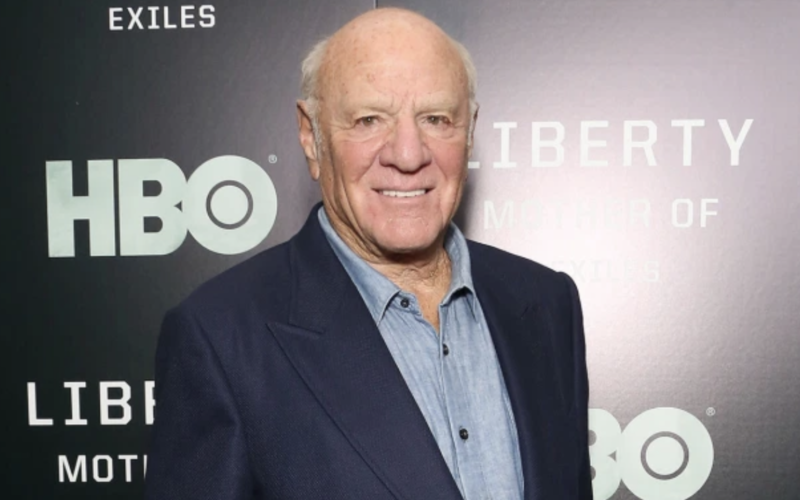BY J. CLARA CHAN | HollywoodReporter.Com
Troy Warren for CNT
“What we think of as a movie is evolving and no longer means what it did just a couple of years ago, pre-pandemic,” the former Paramount Pictures and 20th Century Fox chairman says.
Barry Diller doesn’t think the movie business is “dead,” as a recent NPR story declared, but the traditional moviegoing experience will continue to transform, resulting in a loss of about 90 percent of theaters worldwide.
“Because of streaming, because of the pandemic, because of the enormous production of long-form content … the word movies — what we think of as a movie — is evolving and no longer means what it did just a couple of years ago, pre-pandemic,” Diller said in an interviewon KCRW’s The Business, hosted by The Hollywood Reporter’s Kim Masters.
And with that evolution, Diller noted, will come the “inevitable” closure of movie theaters, with an estimated 10 percent remaining worldwide.
“I don’t think there’ll be anywhere near as many as there are now. I do think that they’re appropriate … for big productions where you need sound and lights and all of that extra, and where you need a communal experience,” he said. “But I think for the normal, everything else, I don’t think you’re going to be going to theaters.”
For traditionalists balking at the changes, the former Paramount Pictures and 20th Century Fox chief executive, who now leads IAC, said streaming isn’t all to blame. Instead, major companies have adjusted their strategies to focus too much on projects that can be made into sequels and franchises equipped with predetermined marketing budgets and merchandise, Diller said.
“It’s a viable strategy. Certainly it was for Disney. But that strategy became pervasive [and forced] out any other strategy, i.e. the development of a number of projects,” Diller said. Those changes, coupled with the pandemic and the rise of streaming, have resulted in what Diller described as the “irrelevance of ‘Hollywood’” and the sense that “nothing lasts very long.” He also zeroed in on Disney as an example of how the moviemaking business has changed to give those on the distribution or business side more power in determining where a movie goes, rather than the studios creating the film.
“When you think about that, that is a crazy idea,” Diller said. “You actually make a movie and you don’t know where it’s going. Is it going to streaming? Is it going to direct? Is it going to a theater? Or is it going to, you know, Sam’s Club?”
In Other NEWS



































